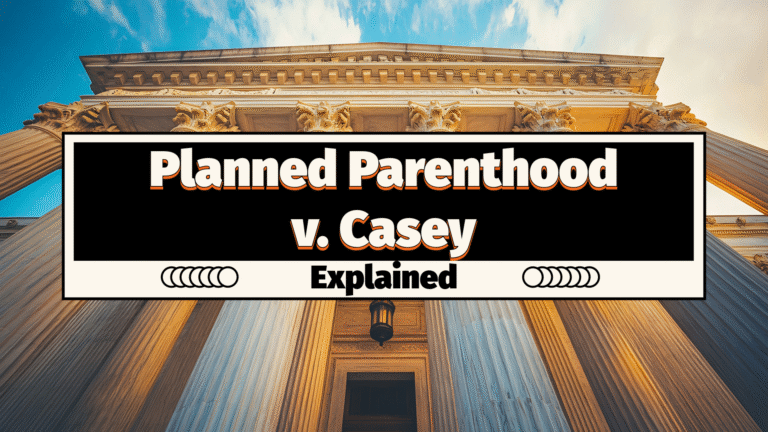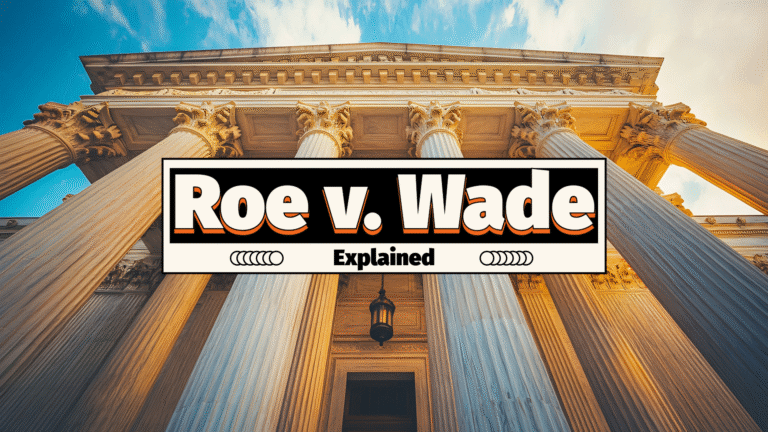Tenth Amendment
Quick Definition: Tenth Amendment
“The powers not delegated to the United States by the Constitution, nor prohibited by it to the States, are reserved to the States respectively, or to the people.”
Key points
- Confirms the principle of federalism by emphasizing state sovereignty over powers not granted to the federal government.
- Often cited in disputes over state vs. federal authority in areas like education, healthcare, and law enforcement.
- Supports limits on federal power but does not itself grant specific rights or powers.
- Interpreted narrowly in modern court rulings where federal laws are based on enumerated powers like the Commerce Clause.
FAQ
- Does this let states ignore federal law? No, valid federal laws under the Constitution’s enumerated powers are supreme.
- Can the 10th Amendment stop federal overreach? Sometimes—courts use it to evaluate if federal actions exceed constitutional authority.
- Does it apply to individuals? It primarily concerns the division of power between federal and state governments.






